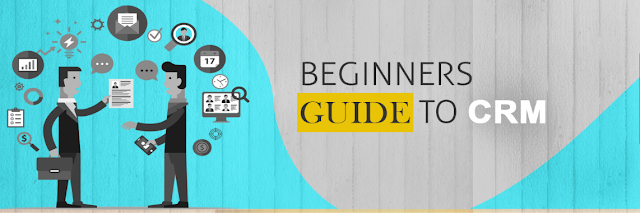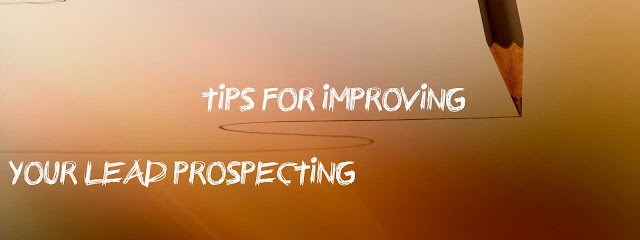Beginners Guide for Early Stage CRM Users
In an early stage, all new customers ask more questions of Customer Relationship Management like what is CRM? , What is the strategy in CRM? What are the benefits of CRM, and so on… To know more about the beginners guide of CRM stages go ahead with the content.
First of all, every new customer should know about what is CRM?
CRM stands for Customer Relationship Management and was started in the 1970s. The exactly and real meaning of the expression ‘Customer Relationship Management’ was simply maintaining the relationship with your customer. Today it is used to define as IT systems and software designed to help you control this relationship.
Secondly How many types of CRM are there?
There are Three types of CRM. Which is Operational CRM, Analytical CRM, Collaborative CRM?
First of all, every new customer should know about what is CRM?
CRM stands for Customer Relationship Management and was started in the 1970s. The exactly and real meaning of the expression ‘Customer Relationship Management’ was simply maintaining the relationship with your customer. Today it is used to define as IT systems and software designed to help you control this relationship.
Secondly How many types of CRM are there?
There are Three types of CRM. Which is Operational CRM, Analytical CRM, Collaborative CRM?
- Operational CRM focuses on the automation of customer-facing processes such as selling, marketing and customer service.
- Analytical CRM focuses on intelligent mining of customer related information for the strategic purpose.
- Collaborative CRM provides interaction between customers, staffs and business partner through the web.
Thirdly What is a CRM strategy?
A CRM strategy, consider an integrated approach to customer relationship management. It requires being aligned with the company’s thought and goals, putting the customer at the prominence of consideration. Therefore, the organization needs to ready itself to embrace this customer-centric strategy.
CRM strategy needs to be set into the business culture and placed across the whole organization, with the methodology.
At fourth, What are the benefits of CRM?
Upkeep Rate: CRM enhances customer loyalty, which increases profits per customer and frequency of obtaining.
Referrals: CRM can turn customers into backers. Referrals typically have higher maintenance charge spending rates than other afresh acquired customers.
Increased sales: CRM leads to boost cross-selling, upgrades or simply more outcomes by existing customers.
Reduced costs: CRM can lead to more affordable marketing; avoid expenses for large marketing.
Conclusion
We hope these topics gives clear knowledge about CRM. Remember, a CRM is not only a financial investment, it is also a time investment for your sales and marketing organization. Selecting the right system, implementing it, and making best practices of your company continues to grow and scale. If you need further information about CRM read our blog or contact us today.
CRM strategy needs to be set into the business culture and placed across the whole organization, with the methodology.
At fourth, What are the benefits of CRM?
Upkeep Rate: CRM enhances customer loyalty, which increases profits per customer and frequency of obtaining.
Referrals: CRM can turn customers into backers. Referrals typically have higher maintenance charge spending rates than other afresh acquired customers.
Increased sales: CRM leads to boost cross-selling, upgrades or simply more outcomes by existing customers.
Reduced costs: CRM can lead to more affordable marketing; avoid expenses for large marketing.
Conclusion
We hope these topics gives clear knowledge about CRM. Remember, a CRM is not only a financial investment, it is also a time investment for your sales and marketing organization. Selecting the right system, implementing it, and making best practices of your company continues to grow and scale. If you need further information about CRM read our blog or contact us today.




Comments
Post a Comment